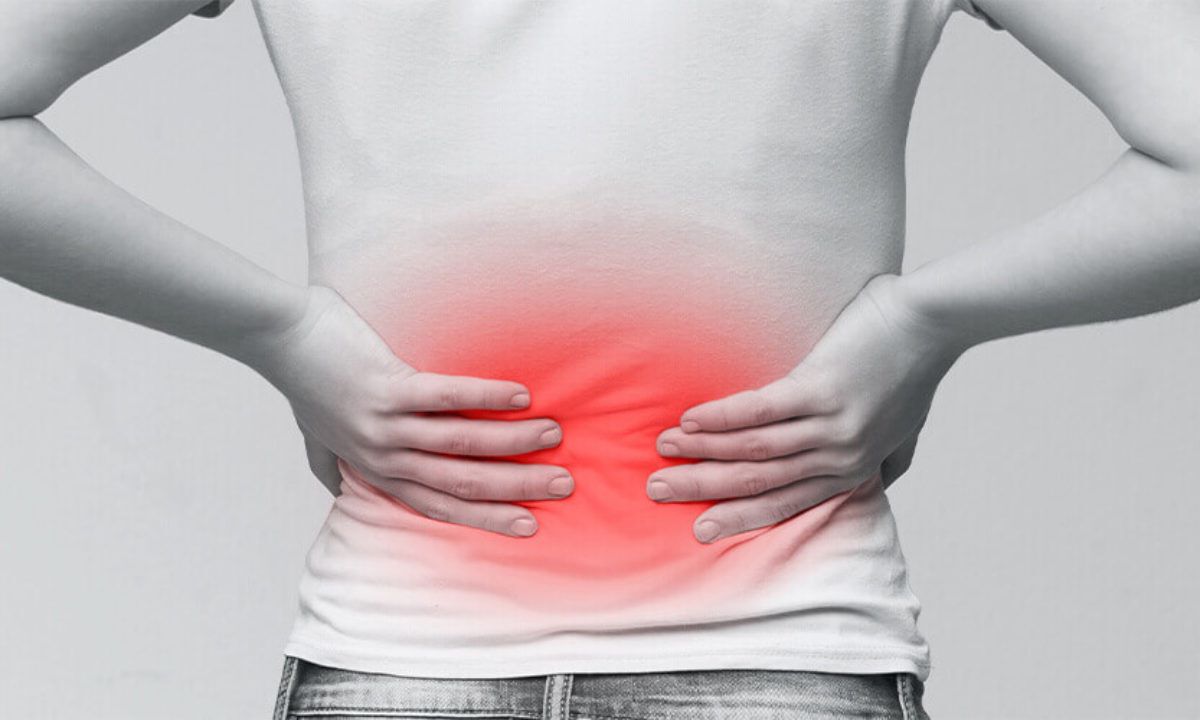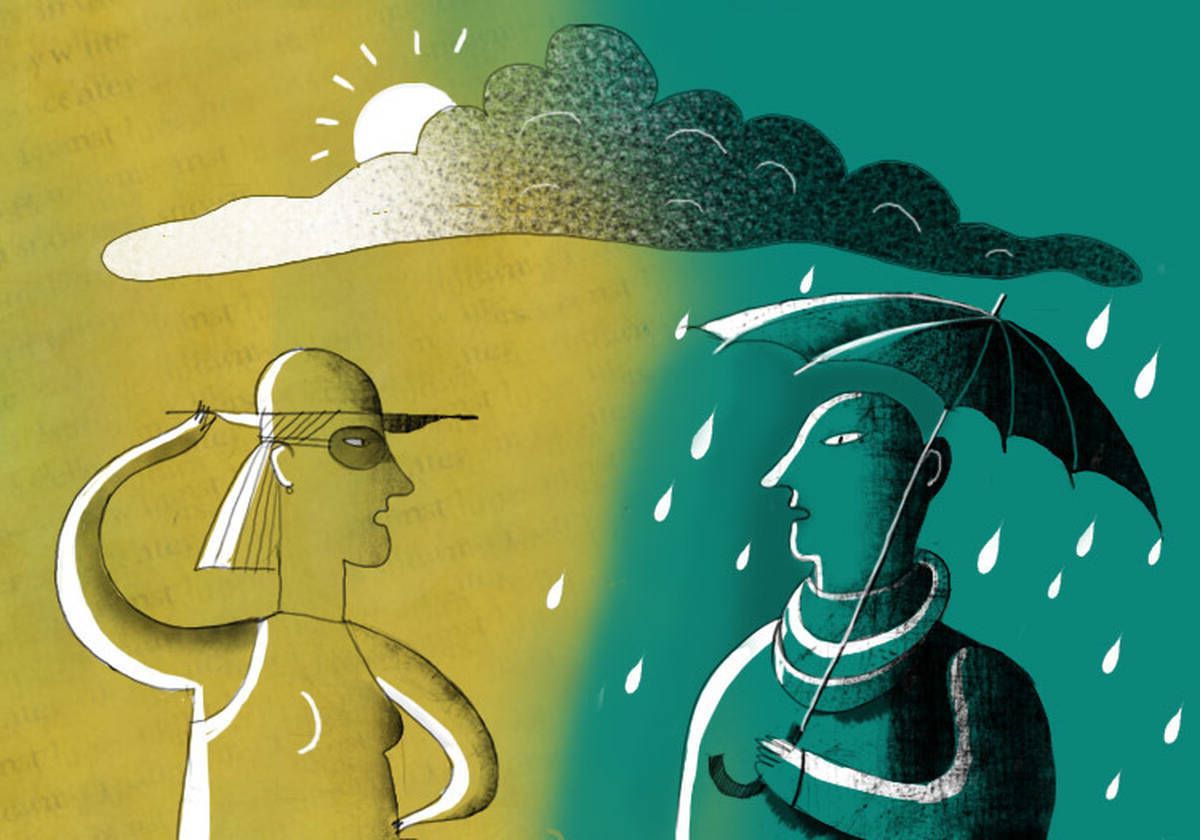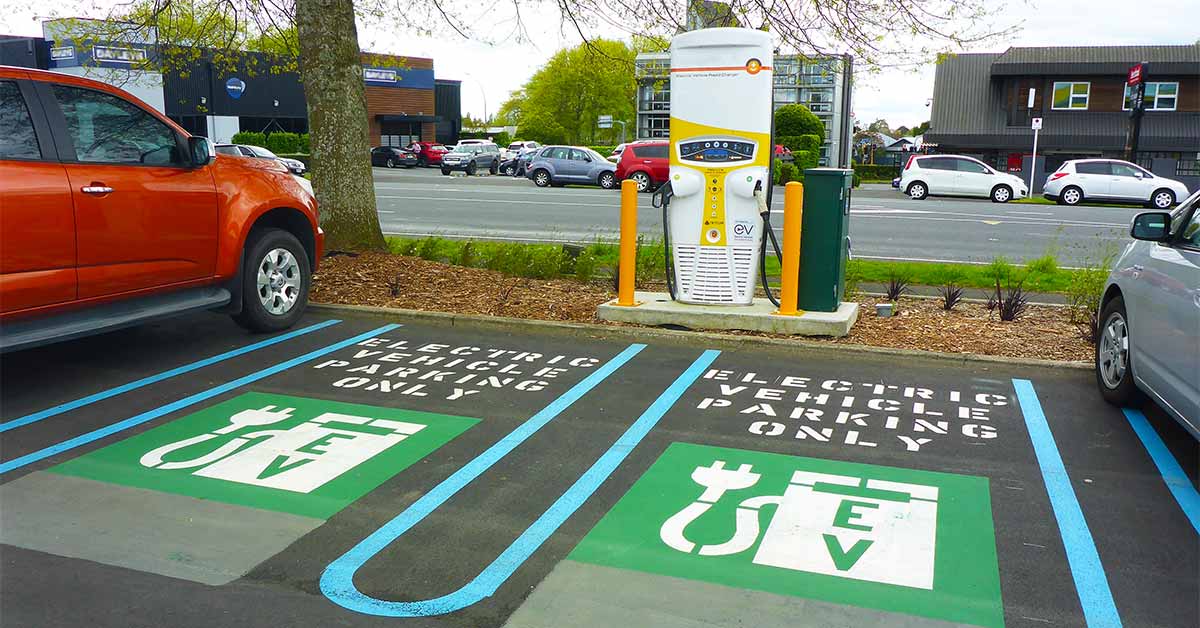
A herniated disc can be a real pain, literally! Ever wondered what exactly happens when a disc herniates? Herniated discs occur when the soft, jelly-like center of a spinal disc pushes through a crack in the tougher exterior casing. This can lead to discomfort, numbness, or even weakness in an arm or leg. But don't worry, you're not alone. Many people experience this condition, especially as they age. It's crucial to understand the causes, symptoms, and treatment options available. From lifestyle changes to medical interventions, there are many ways to manage and alleviate the pain. Let's dive into 18 facts that will help you better understand and cope with a herniated disc.
What is a Herniated Disc?
A herniated disc occurs when the soft center of a spinal disc pushes through a crack in the tougher exterior casing. This condition can cause pain, numbness, or weakness in an arm or leg. Here are some interesting facts about herniated discs.
-
Common Condition: Herniated discs are quite common, especially in people aged 30 to 50. They often result from wear and tear on the spine.
-
Symptoms Vary: Not everyone with a herniated disc experiences symptoms. Some people may not even know they have one.
-
Location Matters: Herniated discs most commonly occur in the lower back (lumbar spine) but can also happen in the neck (cervical spine).
Causes of Herniated Discs
Understanding what causes herniated discs can help in prevention and treatment. Here are some key causes.
-
Aging: As people age, spinal discs lose water content, making them less flexible and more prone to tearing or rupturing.
-
Injury: Sudden heavy strain or injury can cause a herniated disc. This includes lifting heavy objects improperly.
-
Genetics: Some individuals are genetically predisposed to developing herniated discs.
Symptoms of a Herniated Disc
Recognizing the symptoms can lead to early diagnosis and treatment. Here are some common symptoms.
-
Pain: Pain in the back, neck, or limbs is a common symptom. The pain can be sharp or burning.
-
Numbness: A herniated disc can cause numbness or tingling in the affected area.
-
Weakness: Muscles served by the affected nerves tend to weaken, leading to difficulty in lifting or holding items.
Diagnosis of Herniated Discs
Accurate diagnosis is crucial for effective treatment. Here’s how herniated discs are diagnosed.
-
Physical Exam: Doctors often start with a physical exam to check for pain, muscle strength, and reflexes.
-
Imaging Tests: MRI and CT scans are commonly used to confirm the presence of a herniated disc.
-
Nerve Tests: Electromyography (EMG) can help determine the extent of nerve damage.
Treatment Options for Herniated Discs
Various treatments are available depending on the severity of the condition. Here are some common treatments.
-
Medication: Pain relievers, anti-inflammatory drugs, and muscle relaxants can help manage symptoms.
-
Physical Therapy: Exercises and stretches can strengthen the muscles around the spine and reduce pain.
-
Surgery: In severe cases, surgery may be necessary to remove the herniated portion of the disc.
Prevention of Herniated Discs
Preventive measures can reduce the risk of developing a herniated disc. Here are some tips.
-
Exercise: Regular exercise strengthens the muscles supporting the spine.
-
Proper Lifting Techniques: Always lift heavy objects with your legs, not your back.
-
Healthy Weight: Maintaining a healthy weight reduces stress on the spine.
Final Thoughts on Herniated Discs
Herniated discs can be a real pain, literally. Understanding the symptoms, causes, and treatment options helps manage this condition better. Remember, early diagnosis and proper care can make a huge difference. Regular exercise, good posture, and healthy habits play a big role in prevention. If you suspect a herniated disc, consult a healthcare professional right away. They can guide you through the best course of action. Don't ignore persistent back pain or discomfort; your spine's health is crucial. Stay informed, stay active, and take care of your back. Knowledge is power, especially when it comes to your health. Keep these facts in mind, and you'll be better prepared to handle or even prevent herniated discs. Stay healthy and pain-free!
Was this page helpful?
Our commitment to delivering trustworthy and engaging content is at the heart of what we do. Each fact on our site is contributed by real users like you, bringing a wealth of diverse insights and information. To ensure the highest standards of accuracy and reliability, our dedicated editors meticulously review each submission. This process guarantees that the facts we share are not only fascinating but also credible. Trust in our commitment to quality and authenticity as you explore and learn with us.


